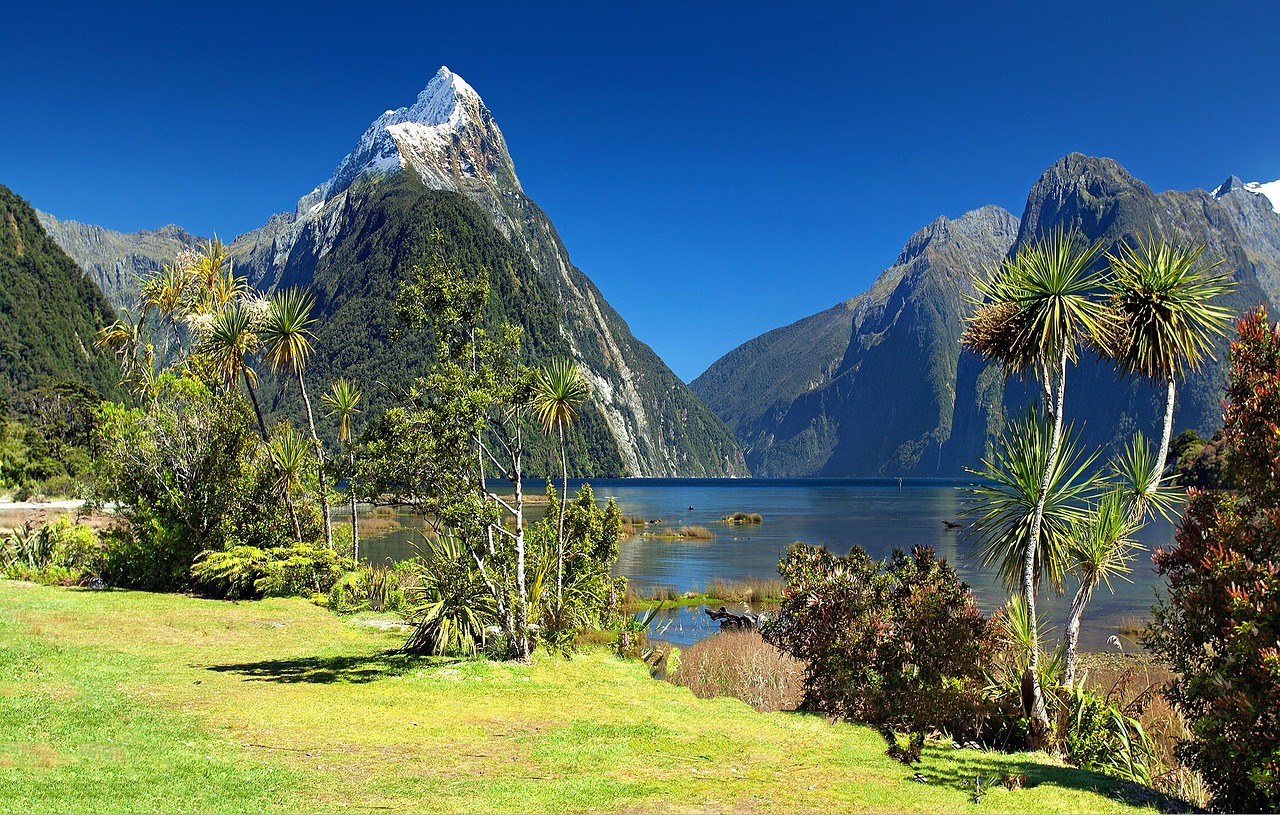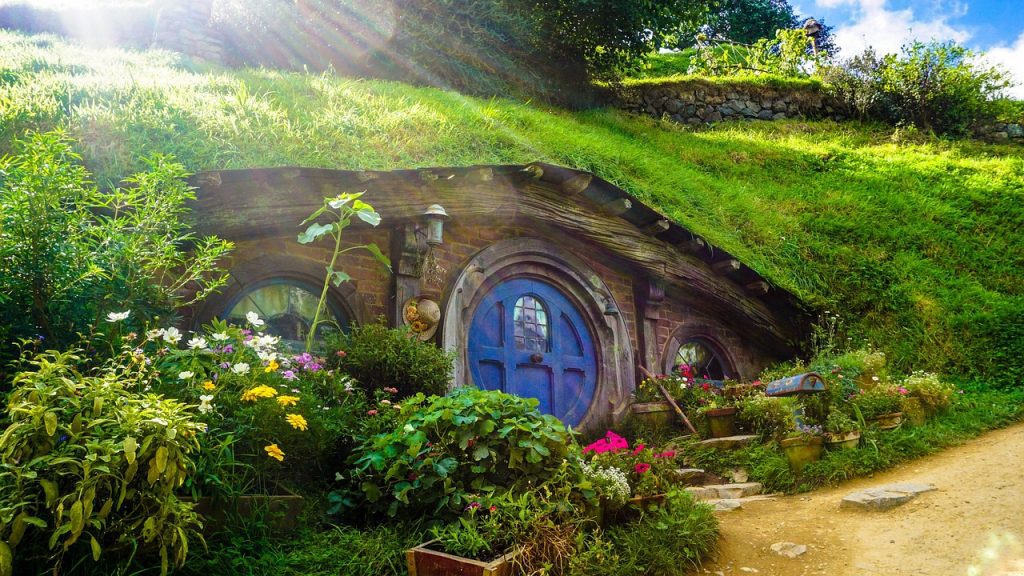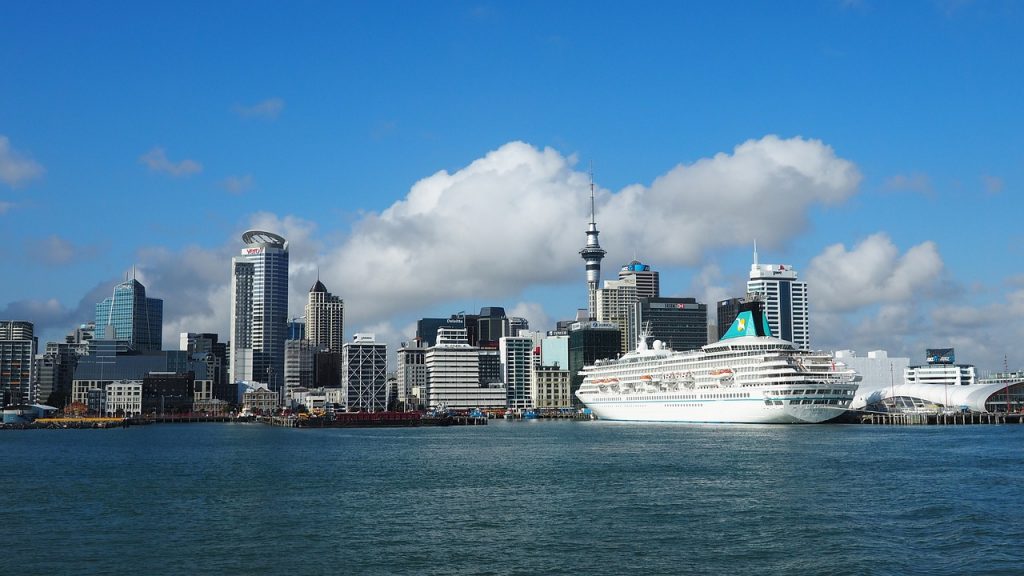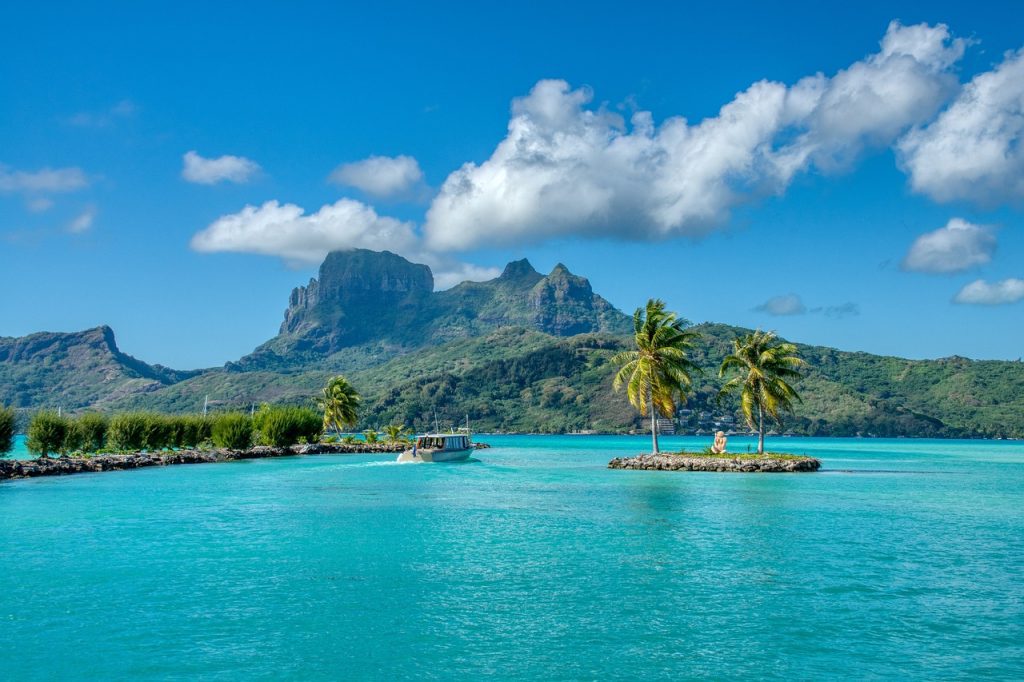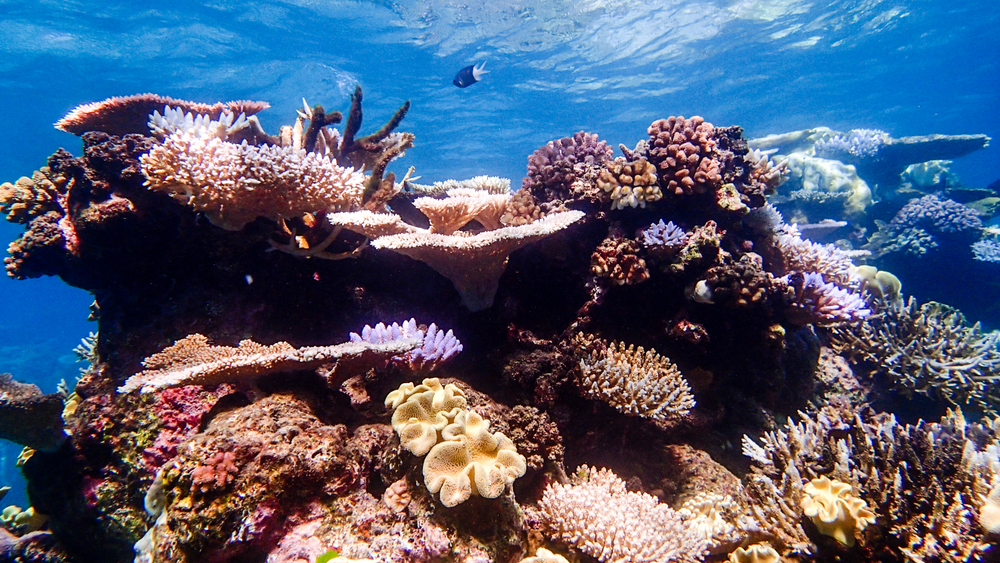New Zealand, a land of stunning landscapes and unique culture, offers travelers a plethora of experiences to choose from. But figuring out the best time to visit New Zealand to explore this captivating country requires careful thought about various factors.
For those wanting to explore the land of Hobbits and follow in the footsteps of the Lord of the Rings, you need to know when is the best time to visit New Zealand. Let’s explore key aspects that will help you decide the best time to embark on your Kiwi journey.
Visiting New Zealand based on the Weather
New Zealand’s climate varies across its regions, making the choice of when to visit essential. For pleasant temperatures and vibrant blooms, consider visiting during spring (September to November). Alternatively, summer (December to February) offers warmer weather, perfect for outdoor activities and beach exploration.
New Zealand experiences a temperate maritime climate with mild temperatures year-round. However, the country’s weather can vary significantly from the North Island to the South Island and between different regions. Here’s a description of the seasonal weather in New Zealand, with temperatures displayed in Fahrenheit (Celsius), and highlighting significant weather-related factors:
1. Summer (December to February):
- North Island:
- Summer temperatures range from 64°F (18°C) to 77°F (25°C) in the North Island.
- Summers in the North Island are warm and pleasant, with longer daylight hours.
- South Island:
- In the South Island, summer temperatures range from 59°F (15°C) to 72°F (22°C).
- While cooler than the North Island, the South Island still enjoys pleasant summer weather.
2. Autumn (March to May):
- North Island:
- Autumn temperatures range from 59°F (15°C) to 68°F (20°C) in the North Island.
- Autumn is a beautiful time in the North Island with mild temperatures and colorful foliage.
- South Island:
- In the South Island, autumn temperatures range from 50°F (10°C) to 64°F (18°C).
- The South Island’s autumn offers pleasant weather and stunning scenery.
3. Winter (June to August):
- North Island:
- Winter temperatures in the North Island range from 50°F (10°C) to 59°F (15°C).
- The North Island has mild winters with occasional rainfall.
- South Island:
- In the South Island, winter temperatures range from 41°F (5°C) to 54°F (12°C).
- The South Island can experience colder winters, especially in the southern regions.
4. Spring (September to November):
- North Island:
- Spring temperatures range from 59°F (15°C) to 68°F (20°C) in the North Island.
- Spring is a great time to visit the North Island, with pleasant weather and blooming landscapes.
- South Island:
- In the South Island, spring temperatures range from 50°F (10°C) to 64°F (18°C).
- Spring in the South Island brings warmer weather and the reawakening of nature.
Other Weather-Related Factors:
- Rainfall: New Zealand experiences rainfall throughout the year, but the West Coast of the South Island is known for its heavy rainfall, particularly in the winter months.
Avoiding Extreme Weather:
- New Zealand’s climate is generally mild and suitable for travel year-round. However, travelers should be prepared for rapidly changing weather conditions, especially in the mountainous regions.
In summary, the best time to visit New Zealand depends on your preferences and the activities you plan to engage in. Summers offer warm weather for outdoor activities, while autumn and spring provide milder temperatures and beautiful scenery.
Winter is suitable for snow sports enthusiasts, but it can be cold in the southern parts of the country. Overall, New Zealand is a year-round destination, and the best time to visit New Zealand varies based on your interests.
Visiting New Zealand based on the Crowds
To enjoy New Zealand’s treasures without the crowds, consider planning your visit during the shoulder seasons of spring (September to November) and autumn (March to May). These months offer a more relaxed atmosphere, allowing you to appreciate iconic landscapes and local gems with fewer tourists around.
Discovering New Zealand’s Cultural Experiences
Immersing yourself in New Zealand’s unique Maori culture is a highlight of any visit. Attend local festivals, savor indigenous cuisine, and embrace the warmth of Kiwi hospitality. Events like Matariki (Maori New Year) in June/July and the Auckland Arts Festival in March offer authentic glimpses into the country’s vibrant traditions.
New Zealand hosts a variety of annual cultural events that highlight its Maori heritage, arts, and vibrant community spirit. Here are some notable cultural events that take place annually:
- Waitangi Day (February 6): Waitangi Day commemorates the signing of the Treaty of Waitangi, a significant historical document that shaped New Zealand’s nationhood. Events are held across the country, including cultural performances, Maori ceremonies, and festivities.
- Pasifika Festival (March): The Pasifika Festival in Auckland celebrates the diverse cultures of the Pacific Islands. It features vibrant performances, traditional music, dance, arts and crafts, and delicious Pacific cuisine.
- New Zealand International Film Festival (July-August): Held in various cities across New Zealand, this film festival showcases a diverse range of international and local films, documentaries, and shorts. It’s a treat for movie enthusiasts and offers a platform for thought-provoking cinema.
- Matariki (June/July): Matariki, the Maori New Year, is celebrated with cultural events, art exhibitions, storytelling, and performances. It’s a time for reflection, renewal, and embracing Maori traditions.
- New Zealand Fashion Week (August): Fashion enthusiasts gather in Auckland for New Zealand Fashion Week, where local designers showcase their collections on the runway. It’s a platform for creative expression and a glimpse into the country’s fashion scene.
- Diwali Festival (October/November): The Diwali Festival, celebrated in cities like Auckland and Wellington, marks the Indian Festival of Lights. It features vibrant cultural performances, traditional music, dance, and delicious Indian cuisine.
- Te Matatini National Kapa Haka Festival (February): Every two years (even-numbered years), this festival showcases the best in Maori performing arts, including kapa haka (traditional Maori performing arts) groups from across the country. It’s a captivating showcase of Maori culture, song, and dance.
- Arts Festival Dunedin (October): Arts Festival Dunedin celebrates creativity through performances, exhibitions, and events in various art forms, including theater, music, dance, and visual arts.
- Wellington Sevens (January/February): The Wellington Sevens is a vibrant rugby tournament known for its fun, colorful atmosphere. Rugby fans and partygoers alike gather for a lively weekend of sports and festivities.
- Christchurch Lantern Festival (February/March): The Christchurch Lantern Festival is a family-friendly event celebrating Chinese New Year. It features stunning lantern displays, cultural performances, and traditional food stalls.
These annual cultural events provide a wonderful opportunity to engage with New Zealand’s diverse communities, learn about its history, and celebrate its vibrant cultural heritage. Be sure to plan your visit accordingly to immerse yourself in these enriching and entertaining experiences.
Exploring New Zealand’s Wilderness & Nature Experiences:
New Zealand’s diverse landscapes are a haven for nature enthusiasts. For lush greenery and blooming flora, spring (September to November) is ideal. To witness snowy peaks and indulge in winter sports, winter (June to August) is perfect for South Island exploration.
Other Important Considerations:
- Packing Essentials: New Zealand’s weather can change quickly, so pack layers, waterproof clothing, and comfortable footwear, particularly if you are planning outdoor wilderness adventures.
- Outdoor Adventures: Research outdoor activities you’re interested in, such as hiking, kayaking, or bungee jumping, and align your visit with the optimal season for those adventures.
- Local Customs: Familiarize yourself with local customs and etiquette, such as Maori greetings and respecting cultural sites.
- Driving Distances: New Zealand offers stunning road trips, but driving times between destinations can be longer than expected. Plan your itinerary accordingly.
- Conservation: New Zealand is passionate about conservation. Practice eco-friendly tourism by following Leave No Trace principles and respecting nature.
In conclusion, determining the best time to visit New Zealand hinges on your preferences and the experiences you seek. Whether you’re drawn to stunning landscapes, vibrant cultural events, or engaging in outdoor adventures, New Zealand caters to all interests year-round.
By evaluating these factors, you’ll be well-prepared to embark on a memorable Kiwi adventure tailored to your desires and the unique offerings of this captivating country. The best time to go to New Zealand for an adventure is now.
Photo Credits:
Image by Julius Silver from Pixabay

